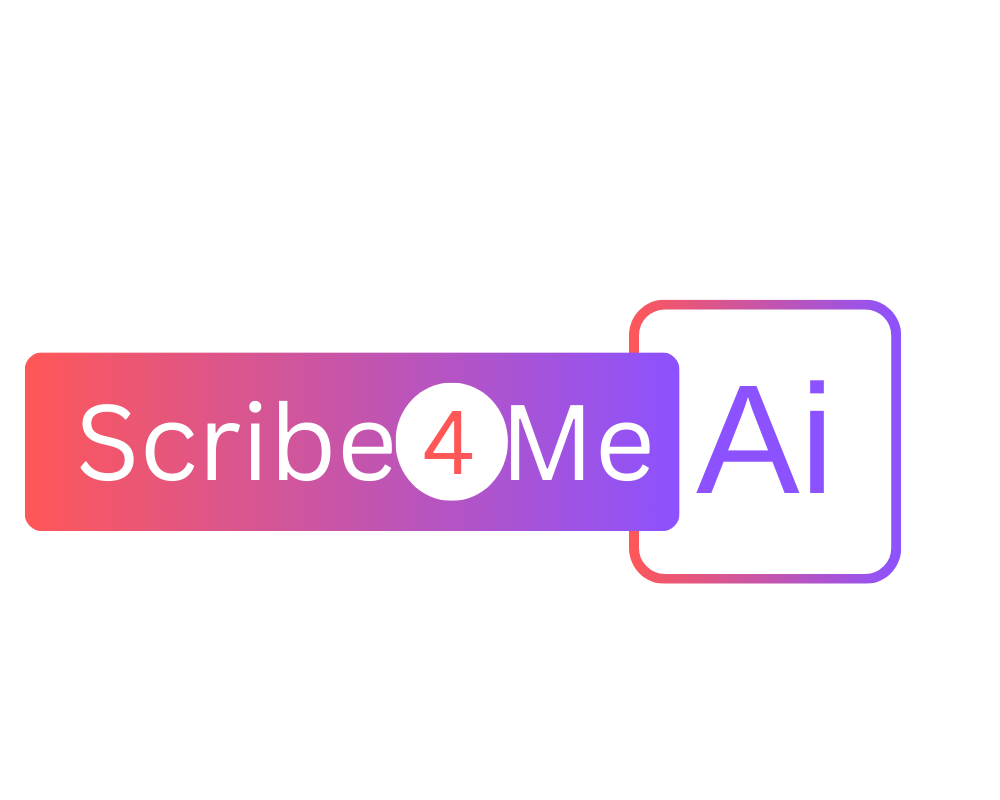

AI Scribes For Neurology – A Smarter Way To Document Patient Care
In neurology, detailed documentation is essential for accurate diagnosis and optimal patient care. However, the time spent documenting can limit face-to -face interactions with patients and affect the overall quality of care provided. This is where AI scribes make a big difference. They streamline documentation workflows, freeing up neurologists to spend more time assessing neurological abnormalities and crafting personalized treatment plans. By reducing the documentation burden, AI scribes for neurology not only improve efficiency, but also help neurologists to focus on enhancing the quality of life and outcomes of patients with neurological conditions. Let’s explore how AI scribes are helping neurologists deliver better care while improving their workflow.
Challenges Of Neurology Documentation
In a neurology practice, documentation challenges can be particularly demanding due to the complexity and variety of neurological conditions. Detailed patient histories, neurological examinations, and neurodiagnostic test results must be meticulously recorded to ensure an accurate diagnosis and the creation of effective treatment plans. This extensive documentation workload can be overwhelming, often compromising the time available for meaningful patient interaction and careful clinical analysis. AI scribes help mitigate these challenges by automating documentation tasks, allowing neurologists to concentrate on diagnosing and treating complex neurological conditions with greater focus and accuracy.
What Is An AI Scribe For Neurology?
An AI scribe for neurology is a tool specially designed to assist neurologists with the documentation tasks unique to their practice. Using advanced speech recognition and NLP technology they listen to patient visits and convert conversations into EHR-ready notes. They are designed to understand the specific medical terminology and workflows involved in neurology, documenting everything from patient histories and neurological exams to treatment plans and medications. This way the AI scribe efficiently handles the documentation process, allowing neurologists to focus on diagnosing and providing expert care to improve their patients' neurological health.
Why AI Scribes Make Sense for Neurology Practices
Neurology often requires longer visits and extensive documentation due to the complexity of patient histories, assessments, and treatment plans. This makes the documentation burden even heavier for neurologists. AI scribes offer various benefits.
Time Savings
Neurologic exams take time to perform, and the added burden of documentation can lead to longer patient visits and increased stress. With AI scribes, neurologists can easily save up to one hour a day on documentation tasks.
Cost- Effective
AI scribes are a more affordable alternative to human scribes, saving practices money while maintaining high efficiency in documentation. They also eliminate expenses related to turnover and retraining.
Prevent Burnout
Neurology is a specialty with significantly high burnout rates and low satisfaction with work-life balance. By reducing documentation stress, AI scribes help neurologists regain balance and prevent burnout.
Improved Patient Experience
With less time spent on documentation, neurologists can focus more on patient interactions, enhancing communication and overall patient experience, especially when managing complex neurology cases.
Tailored For Neurology
AI scribes are specifically built for neurology practices, enabling them to recognize and interpret complex medical terminology and context, ensuring accurate and precise notes.
L. John's Greenfield Jr, MD, PhD’s Perspective On AI Scribes
From the perspective of L. John Greenfield Jr., MD, PhD, chair of the Department of Neurology at the University of Connecticut, an AI medical scribe holds great promise in assisting physicians with generating notes for medical records. He points out that AI scribes excel at capturing the subtleties of patient interactions, allowing them to generate detailed, contextually rich notes that align perfectly with the physician's needs and integrate effortlessly into EHR systems. He sees this technology as offering the same quality and experience as a human scribe but with the added advantages of scalability and cost-efficiency of a dictation service.
Are AI Scribes Right for Your Neurology Practice?
If you’re considering AI scribes, start by assessing your neurology practice’s needs and the documentation workload. Ask yourself these questions.
How much time do you spend on documentation daily?
Could automated notes improve your efficiency and see more patients?
Are you open to integrating new technology into your workflow?
For neurology practices dealing with time-consuming charting, AI scribes can offer significant relief. They not only free up valuable time but also reduce after-hours charting, which contributes to burnout.
Concluding Thoughts
AI scribes make documentation easier giving neurologists more time to focus on diagnosing and treating patients with complex neurological disorders. With the ability to save time, lower costs, and reduce burnout, AI scribes are fast becoming a standard tool for many neurology practices, streamlining documentation while enhancing efficiency, accuracy, and a better work-life balance for neurologists.
If you are a neurologist looking to balance productivity with quality care Scribe4Me.Ai’s AI scribes for neurology is a smart choice. Our neurology AI scribe is specially designed for neurology practices and trained on an extensive data set of medical terminology, conditions, treatments, procedures, and medications related to neurological care, enhancing its ability to recognize and ensure accurate notes. Sounds impressive? Sign up today! We offer a 7 day free trial to find out if we are the right fit for you!


